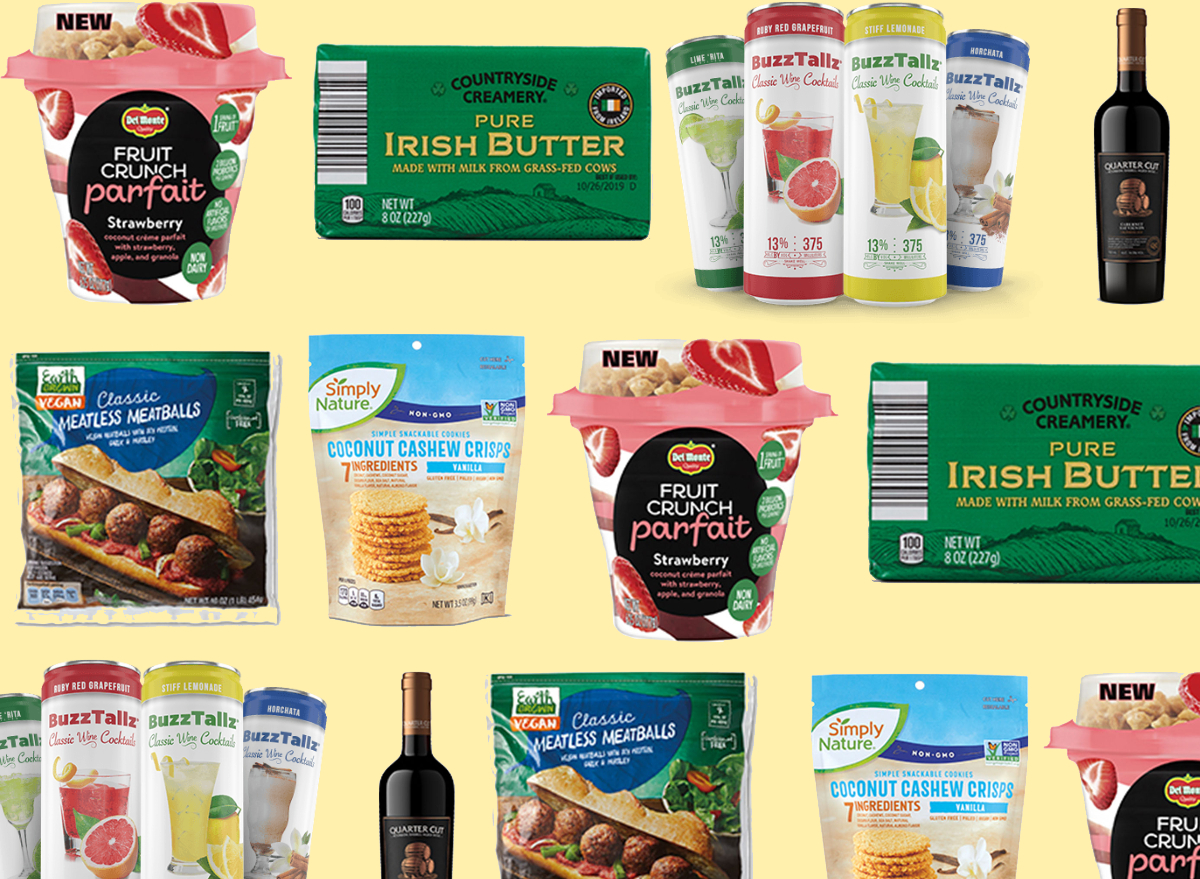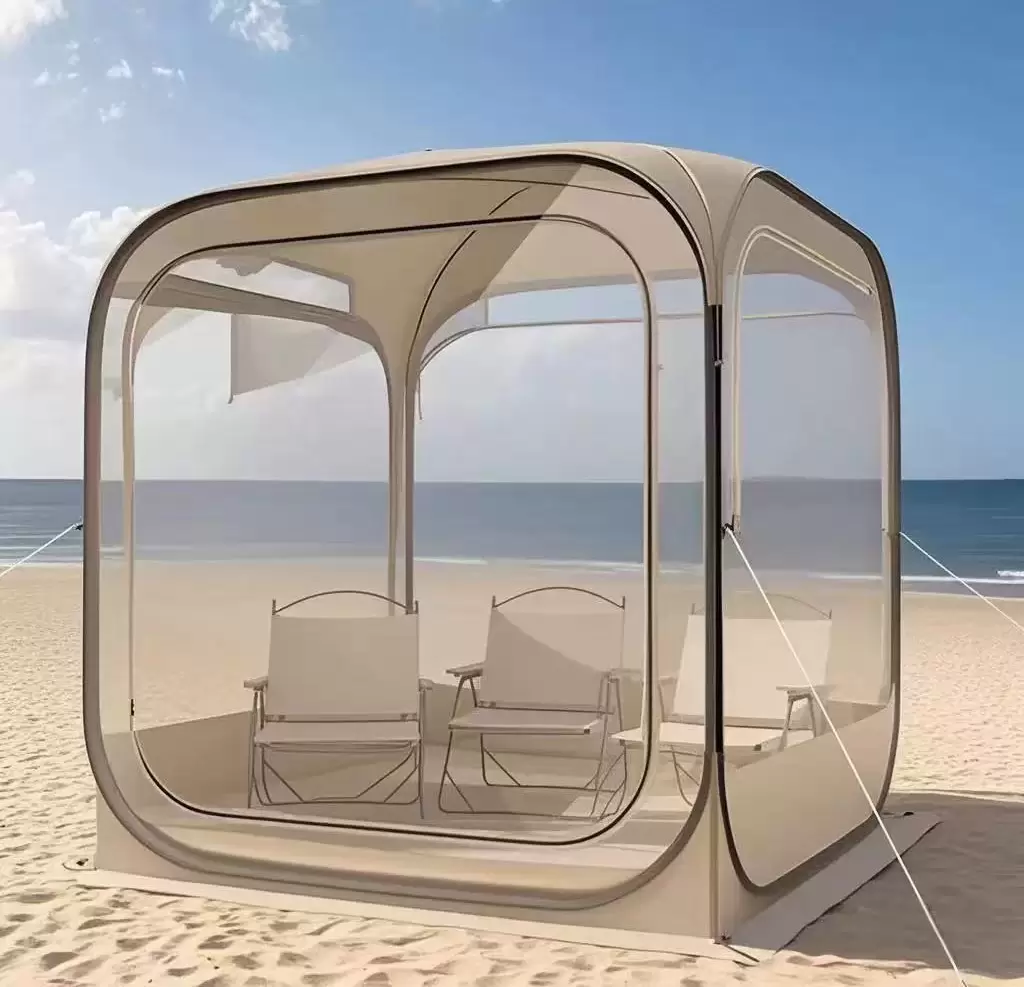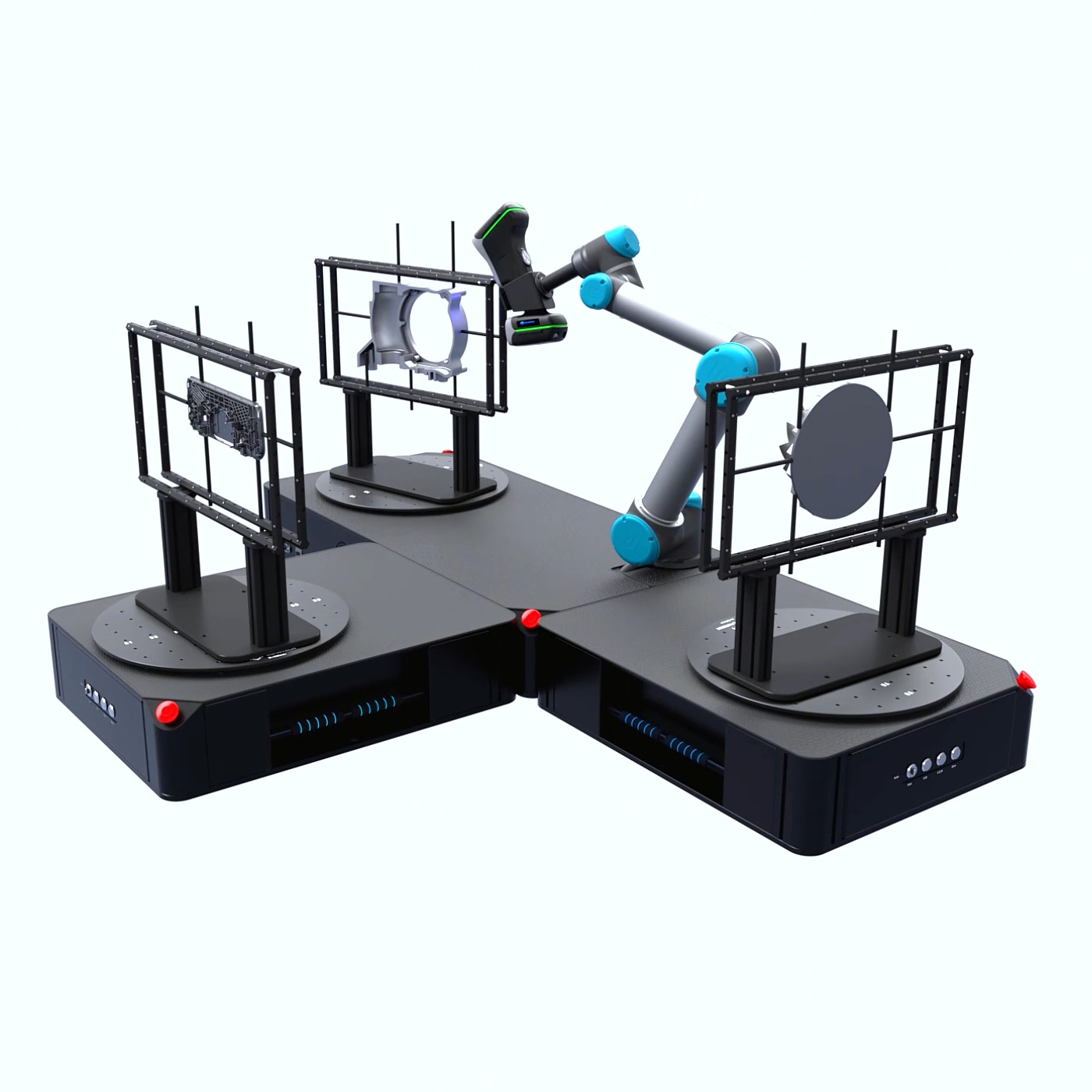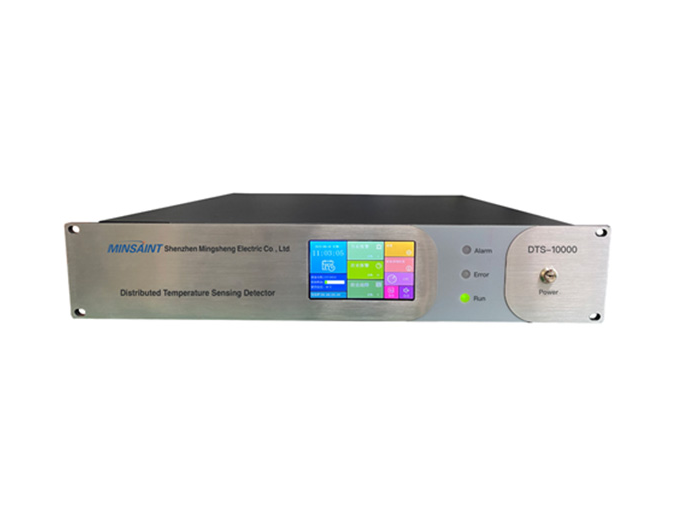
In the realm of consumer goods, two prominent categories stand out: Fast-Moving Consumer Goods (FMCG) and Consumer Durables. While both cater to the needs and desires of consumers, they possess distinct characteristics that set them apart in the market landscape.
Fast-Moving Consumer Goods (FMCG), also known as Consumer Packaged Goods (CPG), refer to products that are consumed on a daily or regular basis. These items have a short shelf life and are typically low-cost, high-volume goods. Examples of FMCG include food and beverages, personal care products, household cleaning items, and over-the-counter medications. The key defining feature of FMCG is their rapid turnover, as they are replenished frequently by consumers.
On the other hand, Consumer Durables encompass products that have a longer lifespan and are considered long-term investments by consumers. These goods are intended to be used over an extended period and are often more expensive than FMCG items. Consumer Durables include appliances like refrigerators, washing machines, televisions, smartphones, furniture, and automobiles. Unlike FMCG, Consumer Durables are not purchased frequently, but rather as durable assets that provide utility and convenience over an extended period.
One of the primary distinctions between FMCG and Consumer Durables lies in consumer behavior and purchasing patterns. Consumers tend to buy FMCG products more frequently and based on immediate needs or preferences. In contrast, the purchase of Consumer Durables involves more deliberation, research, and consideration due to the higher cost and long-term implications of the investment.
From a marketing perspective, FMCG products often rely on mass advertising, promotions, and discounts to drive sales volume and maintain market share. Brand loyalty and competitive pricing play crucial roles in the FMCG sector due to the fast-paced nature of consumer preferences and the abundance of choices available to consumers.
Consumer Durables, on the other hand, focus on product durability, quality, innovation, and after-sales services to differentiate themselves in the market. Brands in the Consumer Durables sector often emphasize features, technology advancements, warranties, and customer support to build trust and loyalty among consumers making significant purchasing decisions.
In conclusion, while both FMCG and Consumer Durables cater to consumer needs, their fundamental differences in product characteristics, consumer behavior, purchasing patterns, and marketing strategies make them distinct entities within the consumer goods industry. Understanding these disparities is essential for businesses to tailor their strategies effectively and meet the diverse demands of consumers in a competitive market environment.






